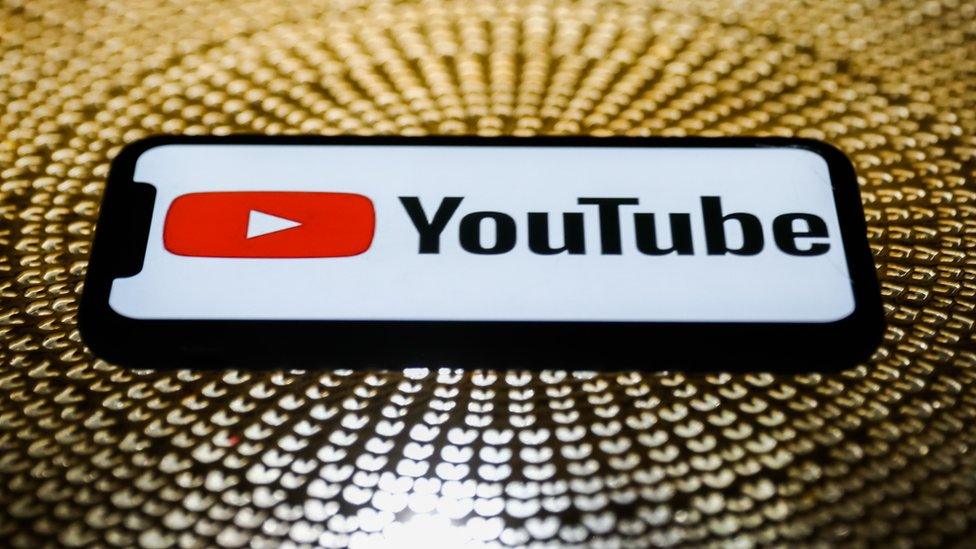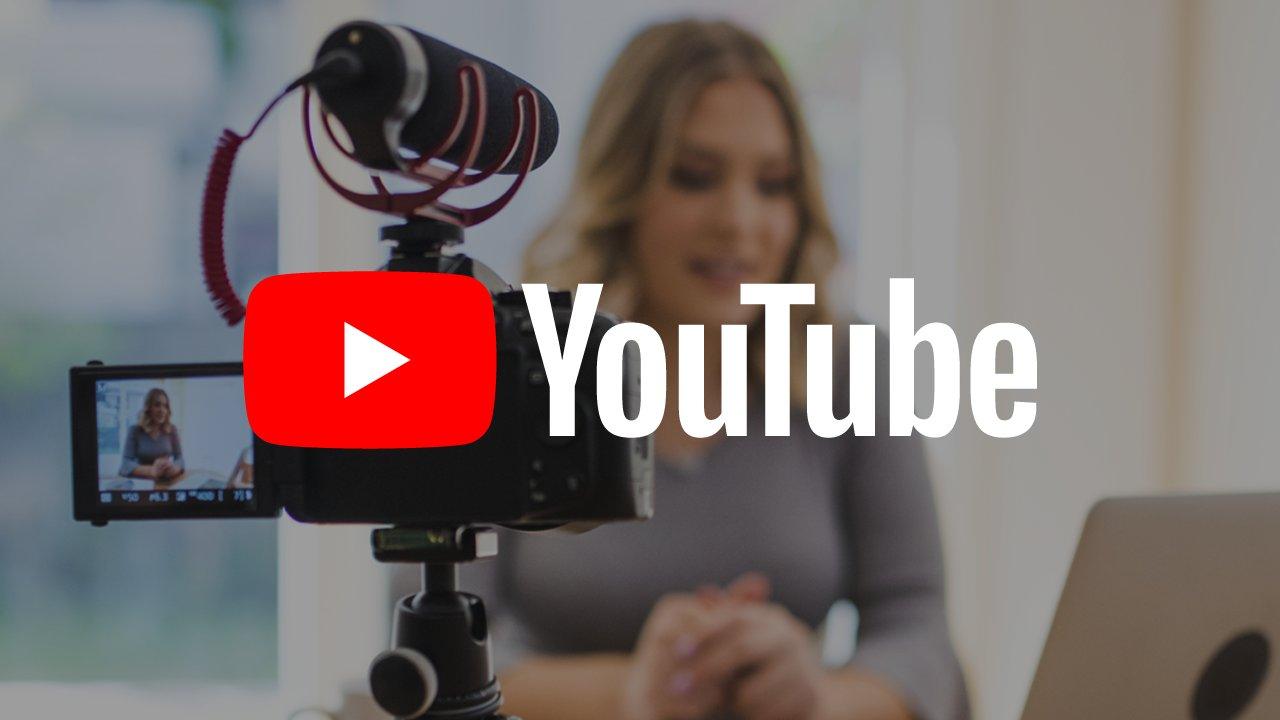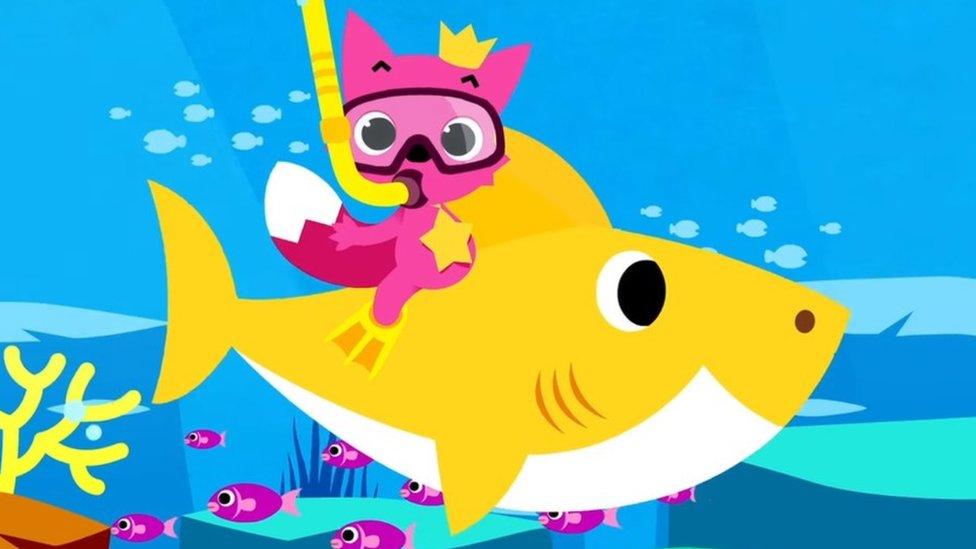YouTube adds ads but won't pay all content-makers
- Published

YouTube says it will start showing adverts on more videos - but won't necessarily pay the video-maker a cut.
The company currently shares ad revenue with video-makers who are enrolled in its partnership scheme, when it shows ads before or during their content.
But YouTube says it will start putting ads on some videos from channels that are not part of its partnership scheme.
Changes to its terms of service mean YouTube will not share the revenue from those ads with the video-makers.
It could also mean viewers see a higher number of adverts across the site.
YouTube's Partner Programme is something that has to be applied for, and is only available to channels that have more than 1,000 subscribers and have clocked up 4,000 hours of people watching in a year.
YouTube said channels not in the programme would not "receive a share of the revenue from these ads" though the makers would have the opportunity to apply for YPP as normal if they met the eligibility requirements.
But YouTube's own explanation of the application process, external says applications are put in a queue to be reviewed by humans, which can take more than a month.
"This could mean that a smaller creator who isn't part of the programme gains viral success without receiving any ad revenue from it," said journalist and author Chris Stokel-Walker.
While a creator might be able to spin that success into other income - such as sponsorships and appearances - the decision seems strange, he said.
"YouTube's already making inordinately large amounts of money," he explained.
"It's another policy change that seems likely to rankle with ordinary creators, who have often felt aggrieved that YouTube capitalises on their content without properly compensating them - or recognising their contribution to the success of the platform."
'More ads'
That seems to be the case online. Some YouTubers have accused the company of moving the goalposts on its ad policies. Others suggested that putting ads on all videos, regardless of earning potential, may be an attempt to push viewers to pay for YouTube's £11.99 a month ad-free premium product.
"Seems like a hard push to force more ads on users," one user on the help forum wrote, external. "May have some negative effects, especially for users who can't afford to pay for YT premium service."
Allow X content?
This article contains content provided by X. We ask for your permission before anything is loaded, as they may be using cookies and other technologies. You may want to read X’s cookie policy, external and privacy policy, external before accepting. To view this content choose ‘accept and continue’.
Another added: "There is simply no other way to view this than YouTube telling its creator base that they're happy to make money off the back of work that certain creators aren't seeing a penny for themselves."
The changes are being rolled out in the United States, with YouTube saying the new terms will "become available" for creators elsewhere next year.
But despite the backlash, Stokel-Walker said the site was unlikely to change its mind.
"The sheer number of creators trying to become popular on YouTube means there's always someone else willing to replace an unhappy creator who wants out," he said.
- Published3 May 2019
- Published13 November 2020

- Published5 October 2020

- Published2 November 2020
